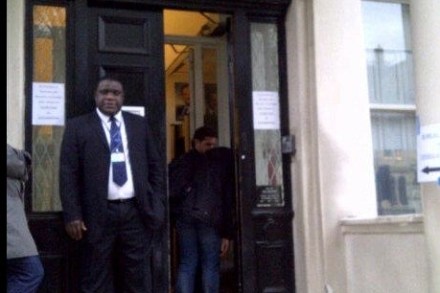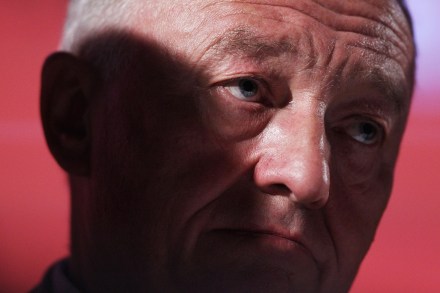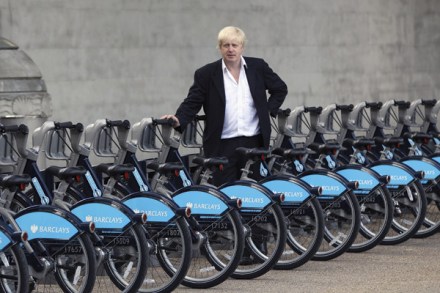Rus in urbe
One of the pleasures of my week is walking across St James’s Square. The slightly furtive sense of trespassing as one opens the ironwork gates; the decision as to whether or not to follow the circuit of gravel paths or go straight across the grass; the equestrian statue of William III and readers from the London Library eating sandwiches. Although the surrounding architecture is an odd mishmash, the shape of the square and its urban form preserves a strong sense of its original 17th-century layout. St James’s Square plays a prominent role in the narrative of Todd Longstaffe-Gowan’s magisterial account of the ups and downs of the London square. It

















